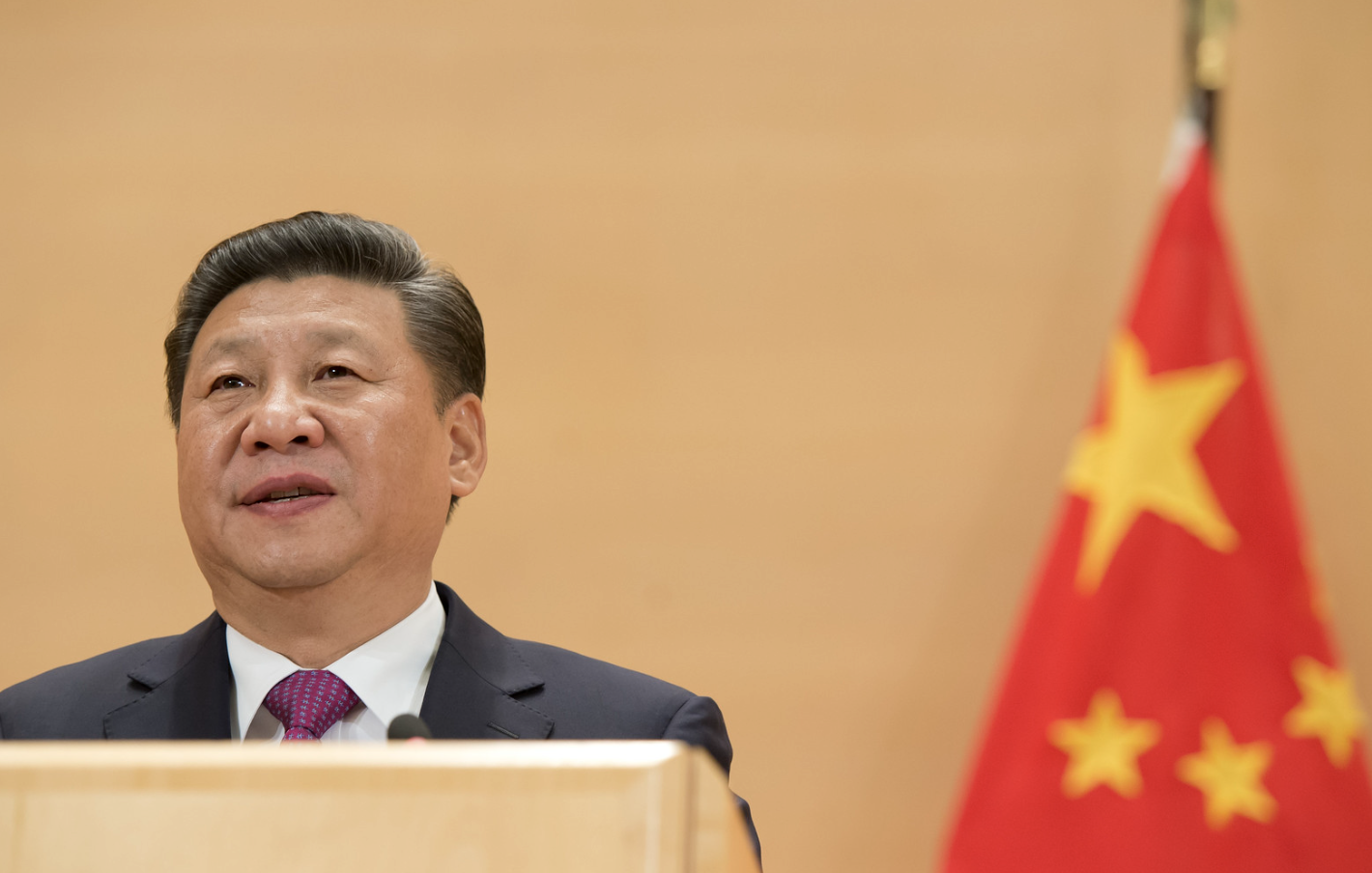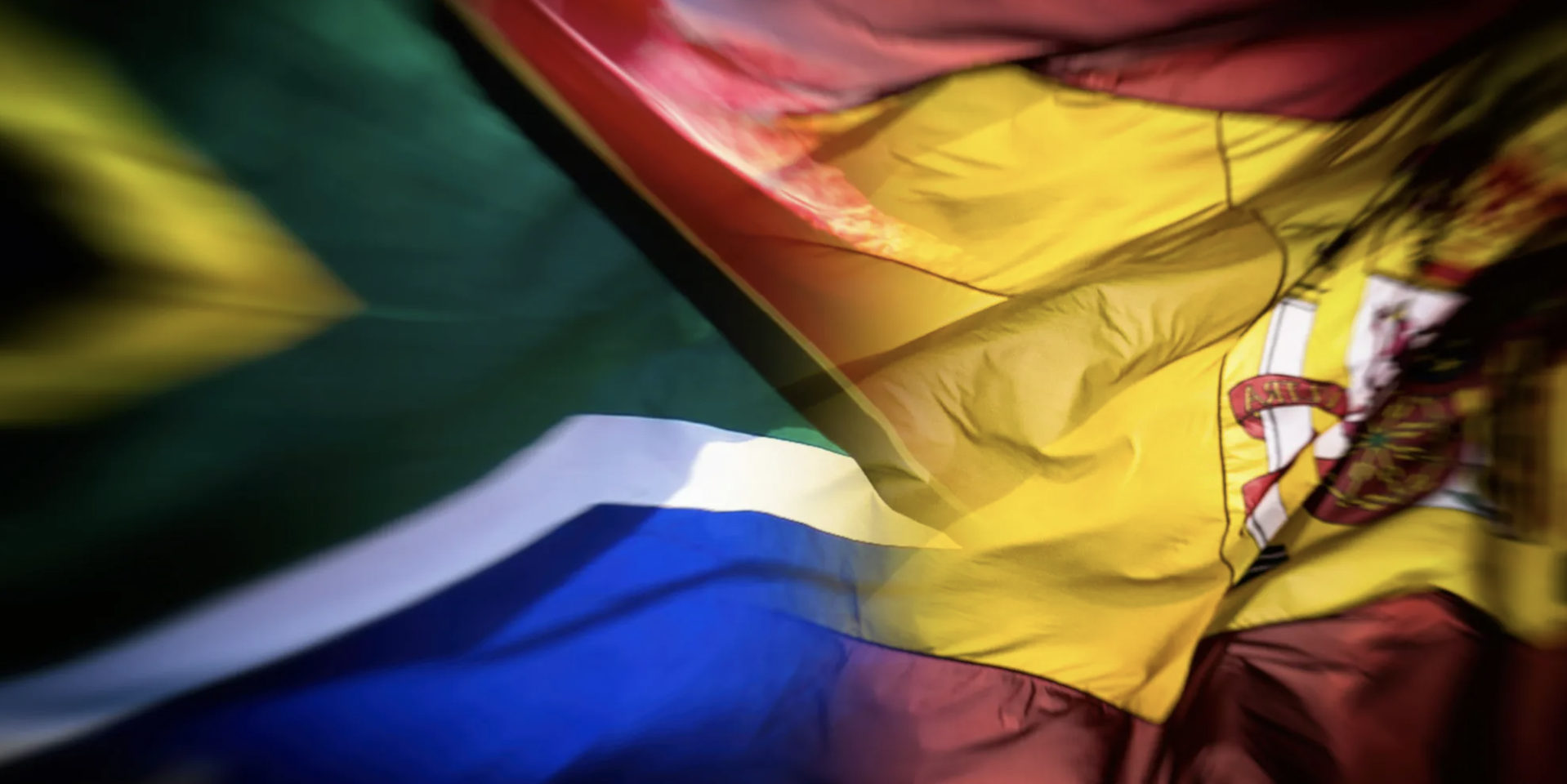News
Show Xi the Money – the Chinese Maths of State Capture 2.0
This new State Capture variant is all about walking the legal tightrope to extract legal rents while handing over sovereignty to China.

Research Director, The Brenthurst Foundation

Director, The Brenthurst Foundation

South Africa has a large construction sector that is globally competitive, with many successful projects abroad. But, mysteriously, it is not good enough for the government roads agency, Sanral, which has bent the rules to give two major road-building projects to China-related bidders.
According to an article in Daily Maverick, “two of South Africa’s largest road and bridge construction projects were ultimately granted to Chinese companies despite the bidders being disqualified early in the bidding process”.
Between them, these two projects would have injected just over R8-billion into the local economy via local construction companies using local suppliers and labour, but Sanral was having none of it.
According to the article, getting the contracts awarded to the Chinese bidders required regulatory gymnastics which included overruling their disqualification to bid.
In the case of the construction of the Mtentu Bridge (R4.05bn), neither the Chinese bidders Stefstocks G-LTA Mtentu Joint Venture (JV) or the China Communications Construction Company Mecsa JV met the eligibility requirements for the tender process – but won the bidding process after an instruction by Sanral chairman, Themba Mhambi, that they be considered qualified.
Looking at the rendering of the bridge, it is a little disconcerting to know that it will be constructed by a company that was disqualified in the first round of bidding.
In the case of the EB Cloete Interchange (R4.1-billion) outside Durban, the appointed contractors, Base Major, together with China State Construction Engineering Company, did not make it through the first round.
The project was readvertised and, deus ex machina, something called the Base Major-China State joint venture got the tender.
This all sounds eerily familiar.
The report of the Zondo Commission describes many such instances where a political appointee overrules regulatory decision-making to benefit a particular actor which has access to power at the highest level.
Under State Capture 1.0, concocted by former president Jacob Zuma and his knuckleheads, things were a little cruder. His people were placed in executive and board positions to direct a torrent of state money at his family and his cronies, particularly the Guptas.
However, as enumerated in the Zondo Commission’s report on State Capture 1.0, there were occasions on which genuflection to China was necessary. One such instance so closely resembles Sanral’s latest dodgy decision-making pattern that you would think it had actually studied the report for tips on State Capture.
When Transnet was to spend just under R4-billion on locomotives, one of the bidders was the Chinese company CSR.
According to Zondo, “The RFP provided that a failure to furnish all returnable documents could lead to disqualification. On the closing date, CSR was not registered as a company in South Africa and thus could not and did not submit: i) valid South African VAT and company registration certificates; ii) a BBBEE accreditation certificate; and iii) a valid South African tax clearance certificate.
“Its bid was accordingly non-responsive and should have been disqualified.
“Instead of proceeding with the evaluation of the three bidders that achieved the minimum threshold in stage 1, Transnet (seemingly with the intention of avoiding the disqualification of CSR) introduced what it referred to as ‘Option 2’, which simply removed the BBBEE requirement as one of the scoring criteria.”
Thanks to the shameless “Option 2”, the billions flowed to China and there were big grins at the next BRICS Summit. Deus ex machina, again.
There are many other such instances in the Zondo Report, the core recommendations of which have been all but ignored by the present government, which is still bending the rules to favour its friends.
As Zondo observed in the case of SAA, where Zuma’s close friend, Dudu Myeni, presided: “State Capture thrived in these entities because they were eventually being run, not in the interests of the people of South Africa for whom they were established, but in the interests of a select few who wielded power inside and outside of the entities.
“When this type of decision-making takes place in a few instances within an SOE, it may be possible to view them as isolated criminal acts. However, when this type of decision-making predominates, and fraud and corruption become the order of the day, something else is at play.
“It was then that State Capture had taken hold of the entity because it had now been transformed into an entity that benefited the few rather than one that served the people.”
While there is no evidence that Mhambi, other than via his inflated salary, has financially benefited, this is not how State Capture 2.0 works.
This new variant is all about walking the legal tightrope to extract legal rents while handing over sovereignty to China and to “Xi Who Must be Obeyed”, to borrow a phrase quoted by columnist, Andrew Donaldson.
In this new variety of State Capture, China (with Russia wringing its hands in the wings) has become the fulcrum of government decision-making, and when China State Construction applies for a bid, it must be awarded to keep Xi delighted and the mythology of South-South collaboration intact.
South Africa’s political economy – the impact of politics on economic decisions – is one of insiders and outsiders.

Under apartheid, your standing in this economy – and your life chances – were largely determined by race; now it is determined by an equally pernicious combination of educational opportunities and outcomes, race, geography (rural versus urban) and, critically, the relationship you enjoy with the ruling party.
The larger picture is clear. There can be no gainsaying that South Africa is now firmly in the diplomatic orbit of China. The recent BRICS Summit in Sandton, Johannesburg, clearly illustrated this.
Xi was met at the airport by President Cyril Ramaphosa and given a full state visit, while India’s Prime Minister Modi was given second-class treatment, leading to a fiasco at the airport as the Indian leader sulked.
This is despite the fact that South Africa and India share much, including geographical proximity, governance that purports to be democratic, colonial history and understanding, and language.
Welcoming Xi, Ramaphosa said: “At a time when the world faces many geopolitical, social, economic, environmental and other challenges, it is up to us to deepen our cooperation and turn challenge into opportunity as we build a shared future.
“As friends and BRICS partners, we stand together in our shared quest for a better, more egalitarian world that frees the potential of all peoples.”
A “joint statement” issued by China and South Africa summed it up: “South Africa pledged continuous support for China on issues concerning its core interests and major concerns. South Africa reaffirmed its commitment to the one-China policy.”
This seems, however, to be less about geopolitics and strategic policy alignment than a more grubby, primeval relationship which includes showing Xi the money.
Perhaps “continuous support” dictates that Chinese companies must be preferred even when they don’t qualify.
Such are the dictates of State Capture 2.0.
This article originally appeared on the Daily Maverick
Photo: UN Geneva Flickr

